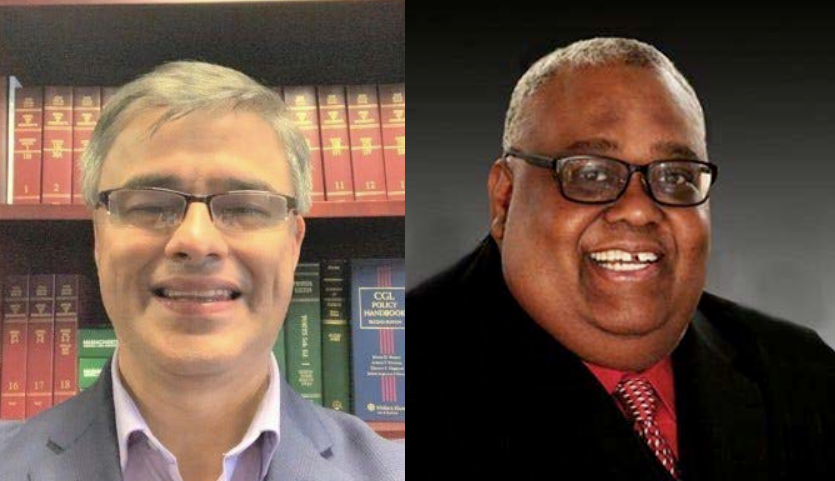
Lino Covarrubias is chief executive officer of Jewish Family Service of Metrowest. Rev. Dr. J. Anthony Lloyd is pastor of the Greater Framingham Community Church.
Read this article on MetroWest Daily News
With one simple step, Massachusetts can save hundreds of families from homelessness, protect children from unimaginable trauma and cut the number of people who need space in our overcrowded shelters. It is time we provided poor families and individuals facing eviction what they need most in their hour of need: A lawyer who can help them keep their homes.
Imagine being a single mother called in to court to face eviction. If you lose, you and your children face the likelihood of homelessness in a state that has virtually no affordable places to live, and where emergency shelters are full. And make no mistake about who is mostly evicted in this country. A New York Times story last year showed that mothers with children under 5 years old comprise the largest percentage of people evicted. Black families headed by a single mother are also disproportionately evicted from their homes.
Anyone who has ever been to housing court knows what these families face: Complex legal language, often spoken in a different language than their own; court papers that are overwhelming and contain quick deadlines; generic agreements prepared by landlords’ attorneys with lopsided terms; and rapid-fire decisions to be made. And if you don’t understand the agreement you sign or it’s impossible to live up to? Your possessions will be brought to the curb and locked in a storage facility, you will say goodbye to your neighbors, and your children will be separated from their friends and their school. Your family will be living in your car, on a friend’s couch, or in an emergency room. And yet, those facing this complicated legal crisis where their home is a stake almost never have a lawyer. In 2023, as evictions increased beyond pre-pandemic levels, the Trial Court reports that only 2% to 3% of tenants facing eviction for nonpayment had legal representation, while 90% of landlords had lawyers.
We know that access to counsel for the poor in housing courts will dramatically cut evictions. Providing lawyers to low-income individuals and families in court works right now in 17 cities, one county and four states, including Connecticut. In every single place where lawyers are provided to low-income families or individuals in court, the chances of eviction drop dramatically. This is not just humane, it’s cost-effective. According to an exhaustive study by The Boston Bar Association, access to counsel saves $2.40 in shelter, health care and other costs for every $1 invested.
Attorney General Andrea Campbell and more than 240 organizations concerned with poverty, homelessness, mental health, children and housing are calling for the Legislature to approve access to council bills H.4360 (recently reported favorably by the Judiciary Committee) and S. 864 (currently in the Housing Committee). These bills provide the framework for a statewide Access to Counsel program to provide low-income tenants with legal representation in eviction proceedings in order to prevent increased housing instability and homelessness.
The legislation also provides legal assistance to low-income, owner-occupied landlords to make sure they, too, are not without counsel in housing court. Among supporters of access to counsel are Winn Companies and Beacon Communities, who combine to manage 27,000 apartments statewide. Landlords and tenants, organizations fighting homelessness, health care leaders, faith-based organizations and mayors all agree it’s time Massachusetts stepped in with legal help for those facing the trauma of eviction.
Please tell your legislator to support access to counsel. It’s a moral issue. It is humane, it is fair, it is economical. And it is time.
Lino Covarrubias is chief executive officer of Jewish Family Service of Metrowest. Rev. Dr. J. Anthony Lloyd is pastor of the Greater Framingham Community Church.
